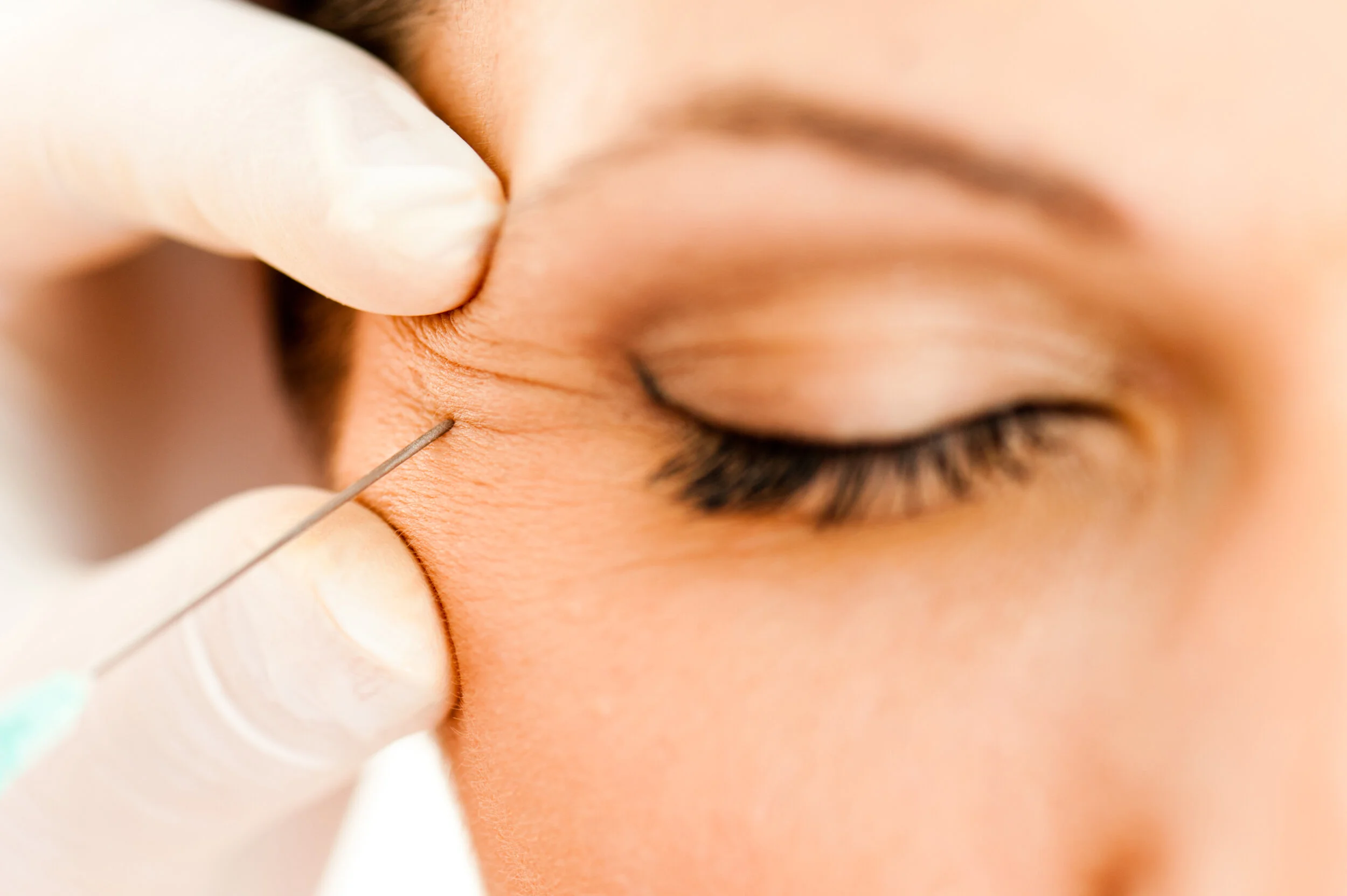Misconceptions of Botox
/When most people hear the word "botox,' they think of the people in the movies or the housewives on TV who can't move their faces or drink out of a straw. Botox is one of the most popular medical aesthetic treatments worldwide, and for many reasons! However, many have the wrong idea of what it is and its many uses. Here are some of the most common misconceptions:
1. Botox is for treating wrinkles.
Here's a little secret... Botox can be used to treat a number of issues other than fine lines and wrinkles! There are different types of botox with different uses, Toxin A and Toxin B. Here is a short list of just some of the many uses Botox can temporarily treat:
wrinkles
headaches and migraines
uncontrollable sweating
crossed eyes (strabismus)
jaw pain
uncontrollable blinking (blepharospasm)
overactive bladder,
muscle stiffness/spasms.
When most people hear the word "botox,' they think of the people in the movies or the housewives on TV who can't move their faces or drink out of a straw. Botox is one of the most popular medical aesthetic treatments worldwide, and for many reasons! However, many have the wrong idea of what it is and its many uses.
2. Botox is for people who already have wrinkles.
Another misconception of Botox is that it is only used for those who already have wrinkles... False! In fact, you can get ahead of the game by using botox as a preventative treatment for lines and wrinkles. Wrinkles are a result of long term movement, so the sooner you prevent them the easier it is to treat these lines. As we don't recommend getting Botox as a teenager, many of our patients who come in for treatment are in their mid-twenties.
3. Botox is for women.
One huge misconception of Botox is that it's "something women get." Studies have shown that more and more men are getting "brotox" over the years, with many of them starting treatments in their early thirties.
4. Botox is dangerous.
Botox is derived from botulinum toxin, which can be hazardous in high doses. However, only minuscule portions of the correct strain are injected into the patient making it virtually harmless. Studies have found that strain A, which is used for Botox injections is FDA approved and does not destroy any neurons. When administered by a trained professional and in the correct dose, there should be little to no concern of Botox being a danger to you.
5. Botox is a long-term commitment.
Botox only lasts about three to six months depending on the patient and is not a permanent solution to wrinkles. As muscle action gradually returns, wrinkles will reappear and need to be treated once again. Unfortunately, there is nothing one can do to make it lost longer except for maintaining your treatments. It is best if you do not wait until your wrinkles are completely back in full swing, but rather to re-treat before the Botox completely wears off. Another tip is to continue use of the right products, like wrinkle corrector, sunscreen, moisturizer, etc.


